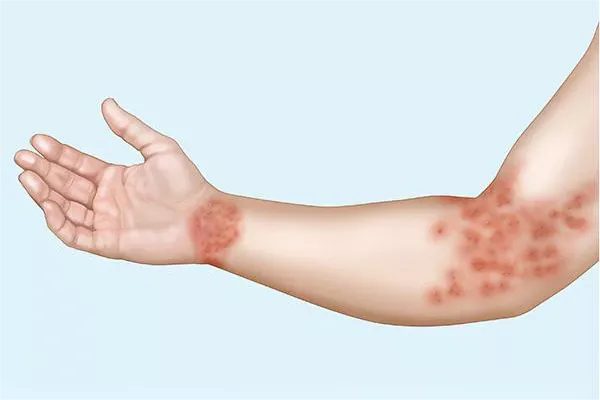Family doctors in Singapore have reported a significant increase in shingles cases, with some seeing a rise of up to 10% over the past two years. Health experts attribute this uptick to the country’s aging population as well as the lingering effects of the COVID-19 pandemic, which may have weakened immune systems.
Shingles, caused by the reactivation of the varicella-zoster virus (the same virus responsible for chickenpox), typically affects older adults and those with compromised immune systems. Experts suggest that the pandemic, which led to disruptions in healthcare and social isolation, may have contributed to a decline in immune function for many individuals, making them more susceptible to the virus.
As the population ages, the risk of shingles naturally increases, with older individuals more vulnerable to developing the condition. Family doctors have noted that patients presenting with shingles symptoms are often experiencing more severe cases, likely due to a combination of factors, including stress, underlying health conditions, and the prolonged strain of the pandemic.
While the rise in cases is concerning, healthcare professionals stress the importance of vaccination and early intervention in managing shingles and preventing complications, such as postherpetic neuralgia, a painful condition that can persist long after the rash has healed.
Related topics


























